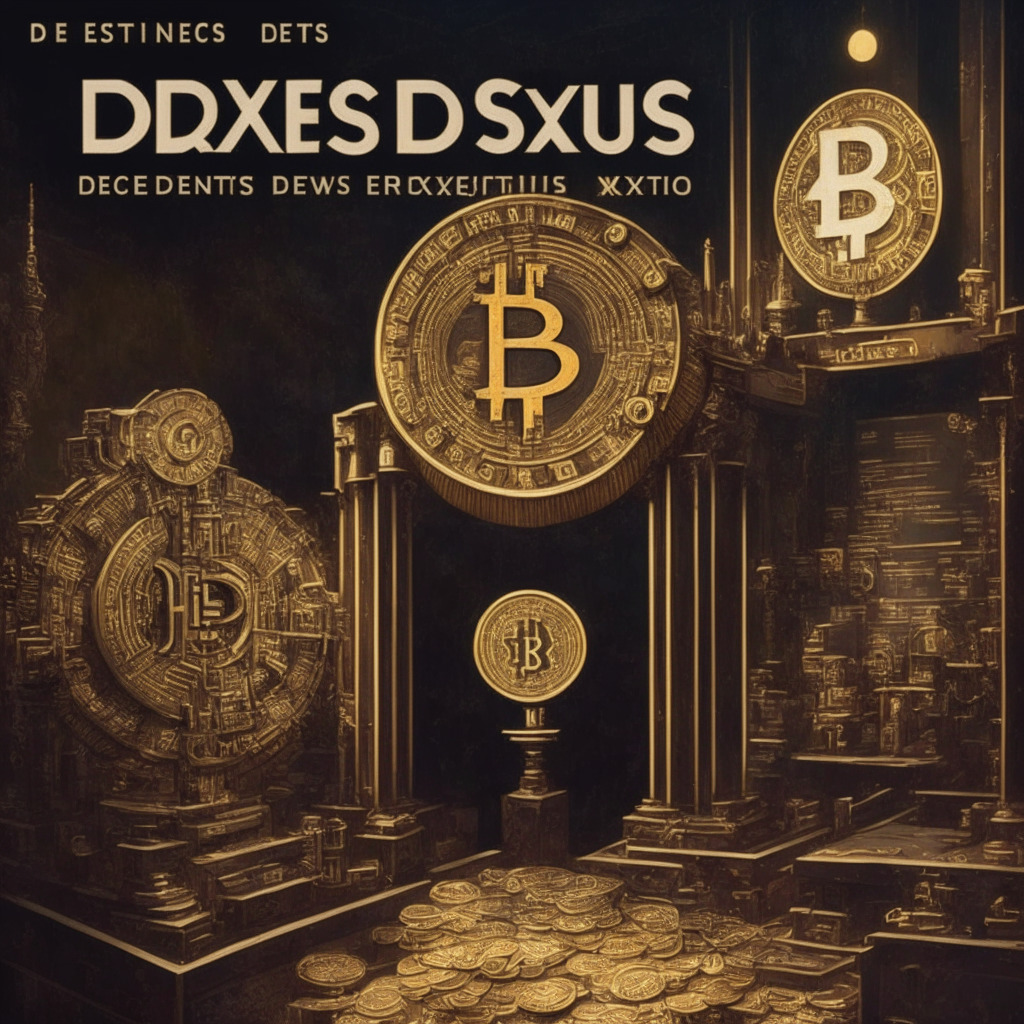In a bid to establish a comprehensive regulatory framework for artificial intelligence (AI), a group of United States lawmakers introduced the National AI Commission Act on Tuesday. Coming on the heels of calls from tech giants like Elon Musk and Sam Altman of OpenAI to regulate the AI industry, the Act seeks to create a national commission focused on the development and implementation of AI regulations. The commission consists of experts, government, industry, and labor representatives who will make recommendations on the best strategies to move forward in the AI space.
Regulating AI is a complex issue with a range of potential benefits and concerns. While the technology promises increased efficiency and innovation, there are also significant concerns about the potential harm that unregulated AI could cause. As Congressman Lieu noted, unchecked AI could have far-reaching consequences, making the establishment of a comprehensive regulatory framework imperative.
The proposed commission aims to review the United States’ current approach to AI regulation, suggest potential new government structures, and develop a risk-based framework for governing AI. Seen as a necessity by the tech industry, a robust regulatory system will help control the rapid development and implementation of AI technologies and ensure their responsible use.
This development naturally drew attention from the crypto market, including AI-based crypto tokens Render (RNDR) and SingularityNET (AGIX), both of which positively responded to the news of the US AI Commission proposal. Although crypto tokens and AI are different domains, they often intersect and share several challenges when it comes to regulation. As with AI, crypto regulations are crucial to prevent risks and protect investors from potential harm. Thus, developments in AI regulations may have implications for the crypto space.
On the one hand, strong regulation can promote broader adoption of AI technology by increasing trust and confidence in its application. On the other hand, overregulation could potentially stifle innovation, preventing new AI-based solutions from emerging and reaching their full potential. Striking a balance between these competing considerations is no easy task and will require careful thought and attention from the national AI commission.
In conclusion, the introduction of the National AI Commission Act highlights the growing consensus on the need for a comprehensive and well-constructed regulatory framework for AI. As the legislation advances and the commission begins to take shape, it will undoubtedly face both opportunities and challenges. The crypto industry will undoubtedly closely observe the commission’s progress and adapt accordingly to the ever-evolving landscape of digital technologies.
Source: Coingape




